If your car won’t start after getting gas, there could be a few possible reasons behind Car Won’t Start After Getting Gas. One of the common culprits is a stuck purge control valve in the EVAP system.
When this valve remains open, it can lead to an overflow of fuel vapor, causing the engine to flood and preventing the car from starting.
However, it’s important to note that there are other factors to consider as well. A malfunctioning alternator, clogged fuel injectors, a depleted battery, or a faulty fuel pump could also be responsible for your car’s refusal to start after refueling.
Each of these issues requires different troubleshooting steps and repairs.
So, Why Car Won’t Start After Getting Gas?
There are a few reasons why your car might not start after getting gas. The most common reason is a dead battery or corroded battery terminals. Other possible reasons include a faulty fuel pump or clogged fuel filter, a stuck EVAP purge control valve, bad spark plugs or ignition coil, or low engine compression.
If you have checked all of these things and your car still won’t start, you may need to take it to a mechanic to diagnose the problem.
Table of contents
6 Reasons Why Car Won’t Start After Getting Gas?
| Possible Cause | Symptoms | Diagnosis |
|---|---|---|
| Dead battery or corroded battery terminals | The car will not start at all, or it will start but then die shortly after. | Check the battery voltage with a voltmeter. If the voltage is low, the battery may be dead. Check the battery terminals for corrosion. If the terminals are corroded, clean them with a wire brush and apply a thin coat of dielectric grease. |
| Faulty fuel pump or clogged fuel filter | The car will not start at all, or it will start but then die shortly after. | Listen for the fuel pump to turn on when you turn the key in the ignition. If you don’t hear the fuel pump, it may be faulty. Check the fuel filter for clogging. If the fuel filter is clogged, you may have difficulty starting the car. |
| Stuck EVAP purge control valve | The car may start but then die shortly after. You may smell gasoline when you open the fuel filler door. | Check the EVAP purge control valve for operation. If the valve is stuck open, it may be causing too much fuel to enter the combustion chambers. |
| Bad spark plugs or ignition coil | The car will not start at all, or it will start but then die shortly after. You may hear a clicking noise when you turn the key in the ignition. | Check the spark plugs and ignition coil for operation. If the spark plugs or ignition coil are not working properly, they may not be able to ignite the fuel-air mixture in the engine. |
| Low engine compression | The car will not start at all, or it will start but then die shortly after. | Check the engine compression. If the engine compression is low, it may need to be repaired. |
1. Stuck Purge Control Valve:

When you experience your car not starting after getting gas, one possible culprit could be a stuck purge control valve.
This valve plays a crucial role in the evaporation system of your vehicle, and when it gets stuck open, it can lead to a series of problems that prevent your car from starting smoothly.
Here’s what you need to know about this issue:

To ensure your car starts smoothly after refueling, it’s advisable to have regular maintenance checks, including inspecting the purge control valve, fuel injectors, alternator, and battery.
2. Malfunctioning Alternator:
A malfunctioning alternator can be a possible reason why your car won’t start after getting gas.
The alternator is responsible for charging the battery and providing electrical power to the vehicle while it’s running. When the alternator fails, it can cause a variety of issues that can prevent your car from starting or cause it to stall.
Here are a few key points to understand about a malfunctioning alternator:
Remember, while a malfunctioning alternator can be one possible cause of starting issues after refueling, there can be other factors at play as well.
It’s important to consider other potential culprits like clogged fuel injectors, a depleted battery, a faulty fuel pump, or a stuck open EVAP solenoid purge valve.
3. Clogged Fuel Injectors:
Fuel injectors play a vital role in the combustion process of your car’s engine. They are responsible for delivering the precise amount of fuel into the combustion chamber at the right moment.
However, over time, fuel injectors can become clogged, leading to various issues, including difficulty starting your car after getting gas.
Here are a few reasons why clogged fuel injectors can prevent your car from starting:
To prevent clogged fuel injectors, regular maintenance is crucial. Here are some tips:
- Use quality fuel and avoid filling up at unreliable gas stations.
- Consider using fuel additives or injector cleaners periodically to help remove deposits and keep the injectors clean.
- Follow your car manufacturer’s recommended maintenance schedule, including fuel system cleaning and inspection.
Remember, if you suspect your fuel injectors are clogged and causing starting issues, it’s best to have a professional mechanic diagnose and clean them properly.
They have the necessary tools and expertise to ensure your fuel injectors are functioning optimally, improving your car’s performance and reliability.
4. Depleted Battery:
A depleted battery is another common reason why your car may fail to start after refueling. Here’s why:
To prevent a depleted battery from stalling your car after refueling, you can take these precautions:
Remember, while a depleted battery is one of the potential reasons your car won’t start after getting gas, it’s always best to consult a professional mechanic for an accurate diagnosis and proper repairs.
| Tips to Prevent Depleted Battery Issues |
|---|
| – Schedule regular battery maintenance checks |
| – Turn off unnecessary electrical accessories during refueling |
| – Consider replacing an old or problematic battery |
5. Faulty Fuel Pump:

The fuel pump plays a crucial role in supplying fuel from the tank to the engine. If it experiences any issues, your car may refuse to start after refueling. Here are a few factors to consider when dealing with a faulty fuel pump:
If you suspect a faulty fuel pump is the reason behind your car’s starting troubles after refueling, it is advisable to consult a qualified mechanic. They can conduct a thorough diagnosis to pinpoint the exact cause and recommend the necessary repairs or replacements.
It’s important to note that while a faulty fuel pump is one potential cause, there may be other factors contributing to your car’s starting issues.
Therefore, it’s a good idea to consider all possibilities and eliminate them one by one to ensure an accurate diagnosis.
| Possible Causes of Starting Issues |
|---|
| Stuck open EVAP solenoid purge valve |
| Stuck purge control valve |
| Malfunctioning alternator |
| Clogged fuel injectors |
| Depleted battery |
6. Stuck Open EVAP Solenoid Purge Valve:
A stuck open EVAP solenoid purge valve can be a culprit behind your car not starting, sputtering, or stalling after getting gas.
This valve is a vital component of the Evaporative Emission Control System, responsible for controlling the release of fuel vapor into the engine.
When the EVAP solenoid purge valve gets stuck open, it fails to regulate the flow of fuel vapor properly. As a result, an excessive amount of fuel vapor enters the engine, leading to flooding. This flood of fuel vapor overwhelms the engine, making it difficult or impossible to start.
There are a few reasons why the EVAP solenoid purge valve might get stuck open. One possibility is that it becomes clogged with debris, restricting its movement. Another reason could be a malfunctioning solenoid, preventing the valve from closing properly. In some cases, the valve may simply wear out over time due to regular use.
To diagnose a stuck open EVAP solenoid purge valve, you might notice the following symptoms:
If you suspect a stuck open EVAP solenoid purge valve, it is recommended to have it inspected and replaced if necessary by a qualified mechanic.
They will be able to properly diagnose the issue and ensure that your vehicle is running smoothly.
| Symptoms |
|---|
| Difficulty starting |
| Engine sputtering or stalling |
| Strong fuel odor |
| Check Engine Light (CEL) |
Conclusion and final thoughts 💭
There can be several reasons why your car won’t start after getting gas.
One possible culprit is a stuck purge control valve, which can lead to an overflow of fuel vapor and flood the engine. However, it’s essential to consider other factors as well.
Here are some key takeaways to keep in mind:
Latest Posts:
- Can WD-40 Remove Scratches on Cars? (Hint: Yes, but…)
- Can You Use a Drill to Polish Your Car? (We Tried it Out!)
- Should You Cover Car Scratches With Stickers? (REVEALED!)
- Buick Service Stabilitrak: (Causes & 100% Guaranteed Fix!)
- Common Holden Trax Problems (Causes & 100% Proven Fixes!)
- Jeep Commander Transmission Over Temp: (Guaranteed Fix!)

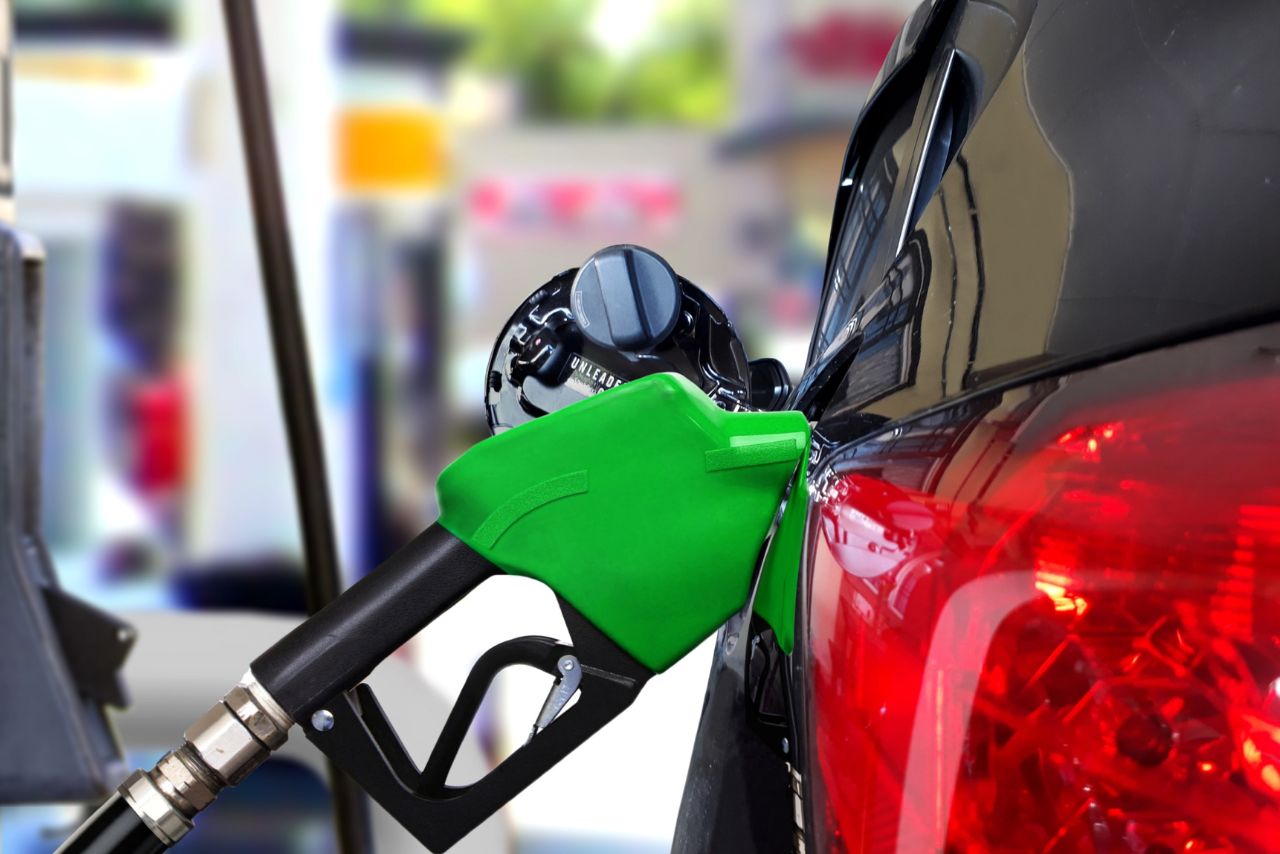
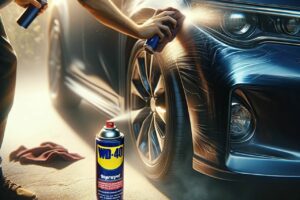
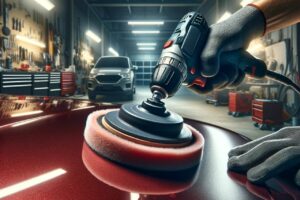

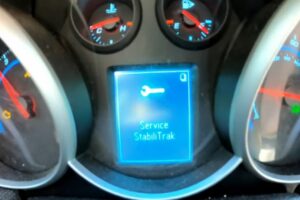

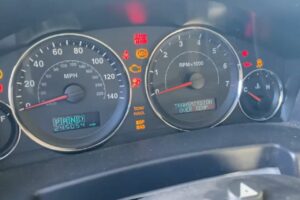
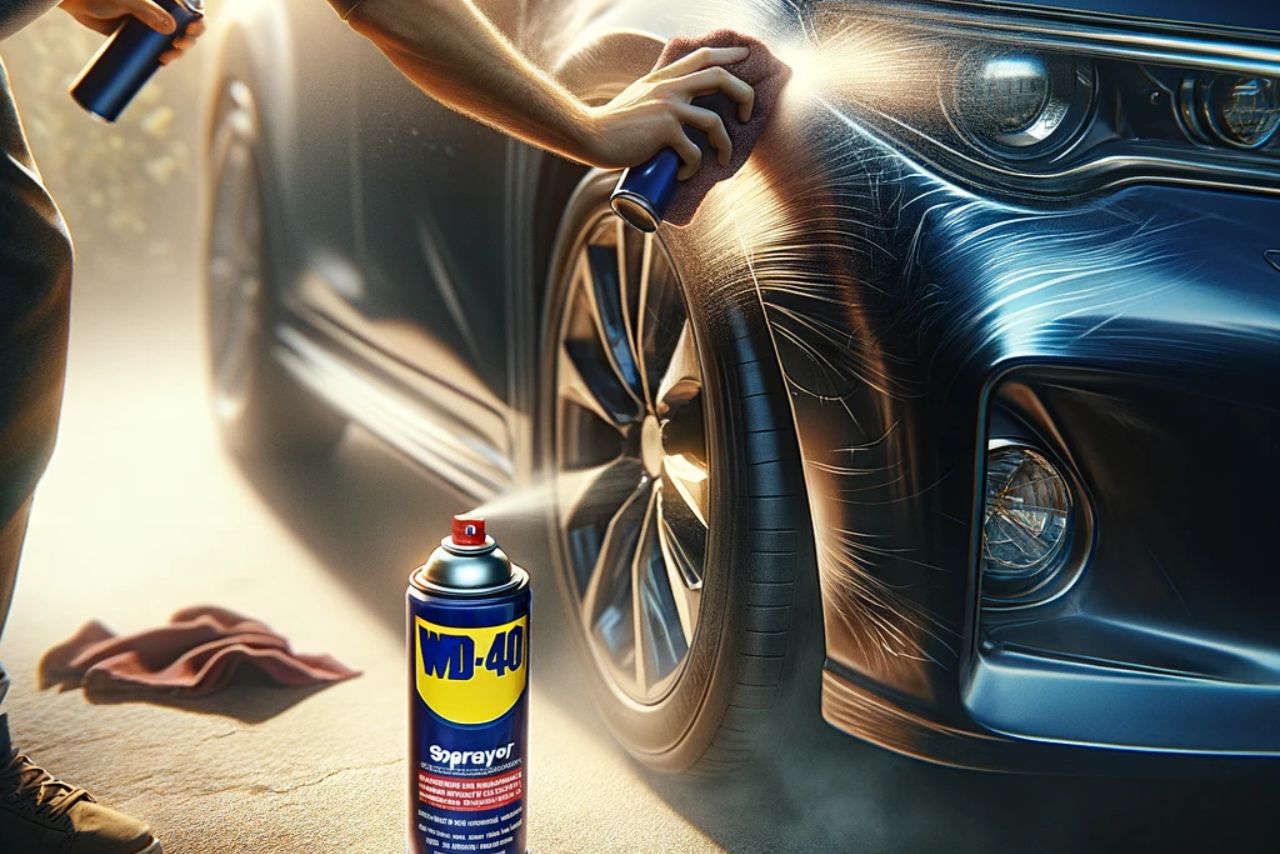
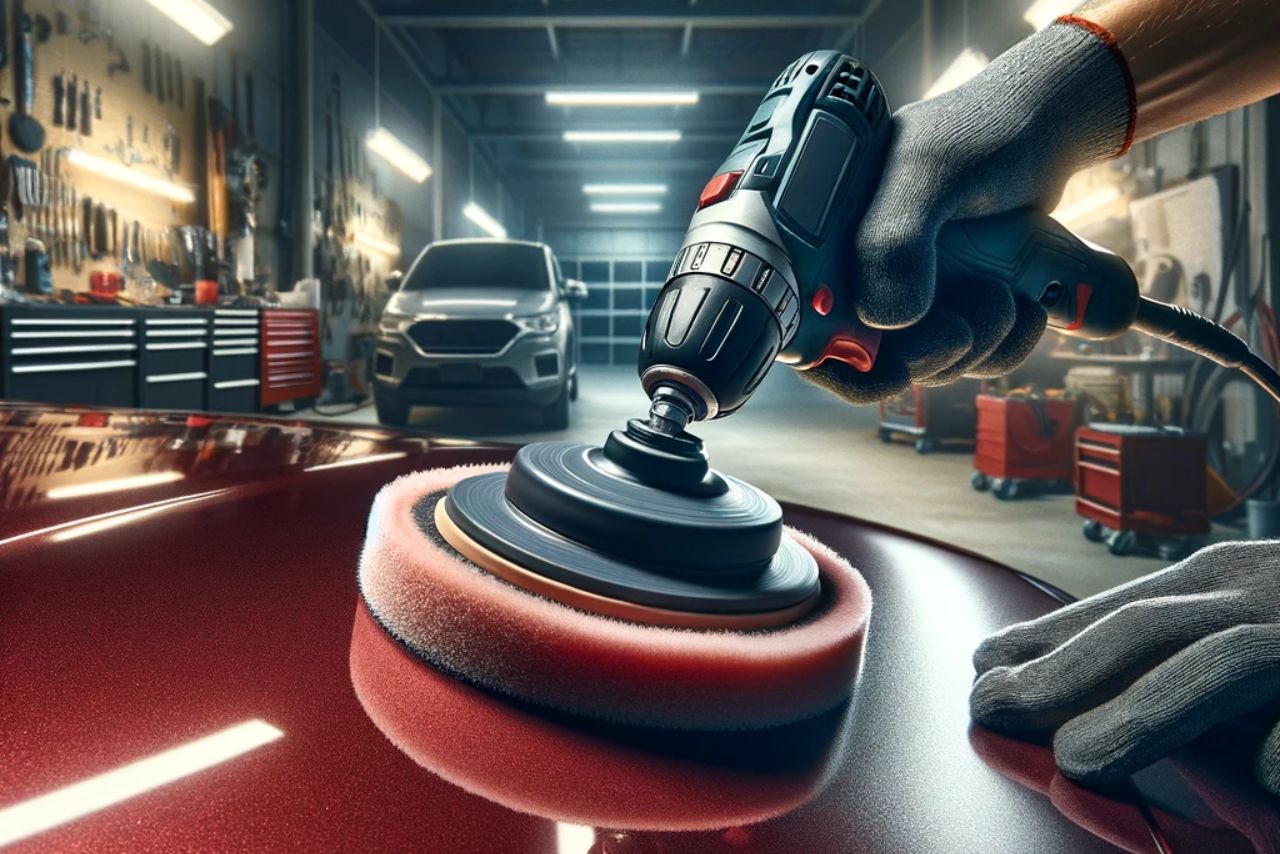
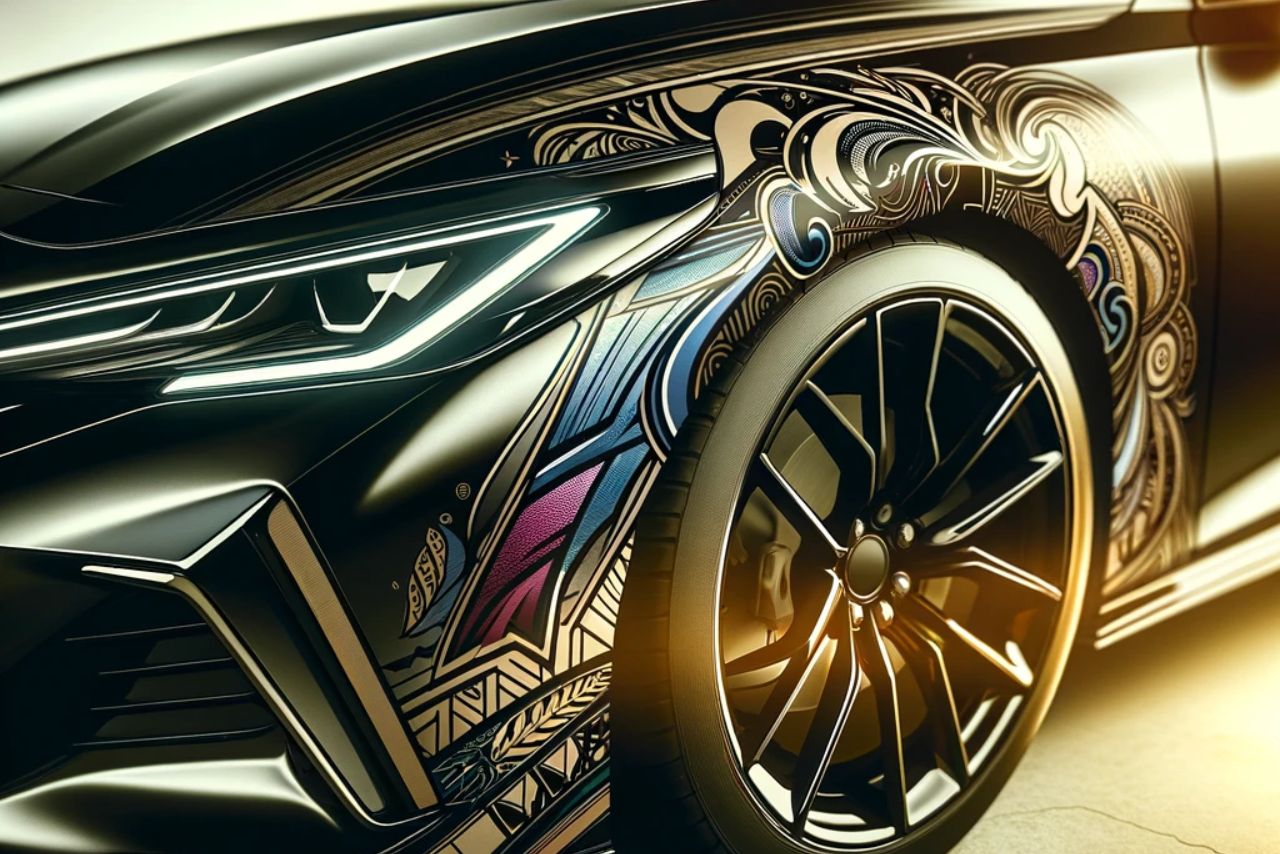
Leave a Reply